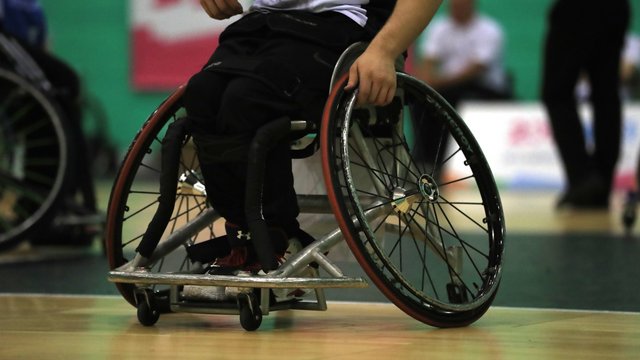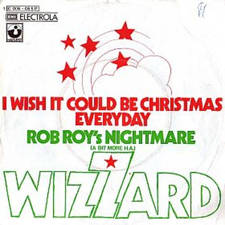Greater Manchester disability hate rise
15 October 2018, 06:32 | Updated: 15 October 2018, 06:34

Disability hate crimes have risen by a third in Greater Manchester over the last year according to disturbing new police figures obtained by the charity United Response.
The figures were obtained ahead of this year's National Hate Crime Awareness Week, which runs until Saturday 20 October.
A total of 438 disability hate crimes were recorded in the region last year, 239 of which were classified as 'public order offences' - more than any other single type of crime. This includes public fear, distress or alarm.
Cases of violence against a person remained high for a second successive year, which includes instances of assault, harassment, stalking and malicious communications.
Greater Manchester Police reported the third-highest number of offences in the country last year, with West Yorkshire's force reporting the most.
The disability charity United Response is now training its staff and other organisations to help people with physical and learning disabilities, Down's syndrome and autism recognise the signs of hate crimes and know how to report them.
Joanne Silkstone, United Response hate crime lead, said: "It beggars belief that that there are people out there who are targeting some of Greater Manchester's most vulnerable people and doing them harm.
"This is unacceptable and we all must do everything we can to empower those who suffer this type of appalling abuse and discrimination to speak out.
"Victims must know that they need not suffer in silence. With the right tools, we can help them to report these crimes to the police when they do experience hate crimes."
The charity believes disability hate crimes are underreported despite rising figures. Many people with learning disabilities, Down's syndrome or autism may not recognise the abuse they've experienced as a hate crime or may lack the confidence to report these crimes to the authorities.
The charity also believes this will allow them to help the people they support to know the difference between hate crimes and incidences, to recognise the signs of hate crime and to know how to report this to the authorities. It will also show the charity's staff how to advocate on behalf of the people they support.
United Response CEO Tim Cooper said: "Often this is a hidden and underreported crime. Victims can sometimes lack the confidence in coming forward and reporting their experiences to the authorities. Sometimes they don't realise they have been a victim of hate crime.
"That is why it is crucial to equip people with disabilities with the knowledge they need to stand up to bullies and bigots."
Thirty-two of the 43 police forces across England and Wales which responded to a Freedom of Information request from United Response recorded a total of 5,342 disability hate crimes in 2017-18 - a dramatic rise on the 4,005 offences from the previous year.
The total number of disability hate crimes dealt with nationally by police forces is likely to be even higher as 11 forces across England and Wales failed to provide any figures.
To find out more about United Response and its work supporting people with disabilities, visit www.unitedresponse.org.uk.






